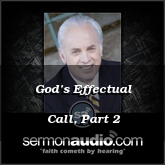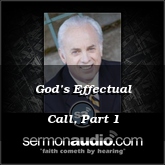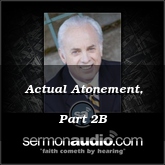Install the app
How to install the app on iOS
Follow along with the video below to see how to install our site as a web app on your home screen.
Note: This feature may not be available in some browsers.
You are using an out of date browser. It may not display this or other websites correctly.
You should upgrade or use an alternative browser.
You should upgrade or use an alternative browser.
In verse 10 John sets out one practical application of how to defend the truth: If anyone comes to you and does not bring this teaching, do not receive him into your house. Hospitality for traveling teachers was common in the culture (cf. Luke 9:1-6; 10:1-12). The prohibition here is not to turn away the ignorant; it does not mean that believers may not invite unbelieversâeven those who belong to a cult or false religionâinto their midst. That would make giving the truth to them difficult, if not impossible. The point is that believers are not to welcome and provide care for traveling false teachers, who seek to stay in their homes, thereby giving the appearance of affirming what they teach and lending them credibility.John's use of the conjunction ei (if) with an indicative verb indicates a condition that is likely true. Apparently, the lady to whom he wrote had for whatever reason, in the name of Christian fellowship, already welcomed false teachers into her home. It was just such compassionate, well-meaning people that the false teachers sought out (cf. 2 Tim. 3:6); since churches were supposed to be protected by elders who were skilled teachers of the Word (1 Tim. 3:2; Titus 1:9), they should have been less susceptible to the lies propagated by the deceivers. Having established themselves in homes, the false teachers hoped eventually to worm their way into the churches. It is much the same today, as false teaching insidiously invades Christian homes through television, radio, the Internet, and literature. . . .
- Author
- Pastor John MacArthur
- Info at Website
- Copyright
- 2018 Grace to You. All rights reserved







